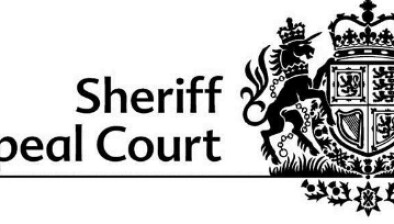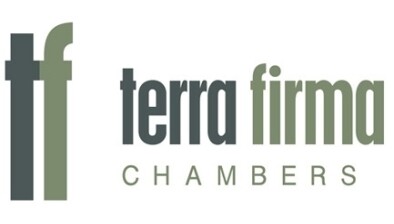Iain Masterton: MTD deadline looming for small businesses

Iain Masterton
Iain Masterton, head of VAT at accountants Chiene + Tait, warns small businesses that the MTD deadline is approaching.
On 1 April, the final implementation phase of HMRC’s Making Tax Digital (MTD) for VAT comes into effect. From that date, any VAT-registered business or charitable organisation, regardless of turnover, will be required to maintain digital records and to submit their VAT returns digitally via the approved MTD accounting software.
Those which do not join up by the deadline date and fail to maintain digital records and submit their returns through compatible software from their first financial quarter started after 1 April will face penalties. Initially the normal late filing rules, which include the default surcharge, will apply to non-compliant businesses. This will however change from January 2023 when a new, points based-penalty regime comes into force. There’ll also be penalty charges for those which pay more than 16 days late or fail to agree a ‘Time to Pay’ arrangement with HMRC.
When MTD for VAT started in April 2019, HMRC gave businesses a soft-landing period, allowing them to continue copying and pasting data for their VAT accounting without penalties until April 2020. Following the outbreak of Covid-19, this soft-landing period was extended to April 2021.
Since that time, all companies and organisation with a taxable turnover above £85K have been required to submit their VAT returns via the MTD portal, unless they have successfully applied for an exemption.
With the final roll-out of MTD for VAT for sub-£85K turnover companies and organisations now about to come into effect, there are no signs HMRC will allow a similar soft-landing period. This means small SMEs and charities will need to get the new processes up and running correctly from day one, in just under a month’s time.
These new measures are expected to have a significant impact on more than a million businesses and charities with VAT obligations. Those which already manage their VAT digitally may incur relatively little cost in making the transition but others, which are less digitally-capable, may be more affected by one-off transitional costs as they move to MTD processes.
With many small businesses struggling to survive over the past two years due to the financial impact of the global pandemic, there are growing concerns that a high number will not be prepared for these changes when they come into effect in April. This point was further underlined by HMRC when it reported in December that only a third of VAT-registered businesses and organisations with sub-£85K turnover had signed up for MTD.
For those which are not prepared, they should firstly explore whether they are eligible for an exemption from MTD. If it is not reasonable or practicable for them to use digital tools for their tax, they may qualify for this. Likewise, if a business or charity has previously been granted an exemption for VAT online filing, this will carry over to MTD VAT requirements.
More details on exemptions can be found here.
For those which are not exempt, they have under a month to register for the MTD VAT portal and get a compliant software package in place. HMRC has been working with the software industry to ensure that businesses needing to update their accounting systems now have access to affordable software products with the appropriate level of functionality required.
The support of a digital specialist accountant can prove invaluable in the MTD process by reviewing a business or charity’s position and setting out suitable options. This could include VAT de-registration, for example, and advice on other available schemes, such as annual accounting, which could make the compliance process easier. Along with preparing digital VAT returns on MTD software, an adviser can add further value by taking on the bookkeeping function to enable directors to run the core element of their business.
By signing up for MTD, HMRC expects most businesses and charities to experience long-term benefits, including reduced errors and time spent managing their tax affairs. The immediate challenge to those generating under £85K turnover is to ensure they are compliant in advance of the looming 1 April deadline.







